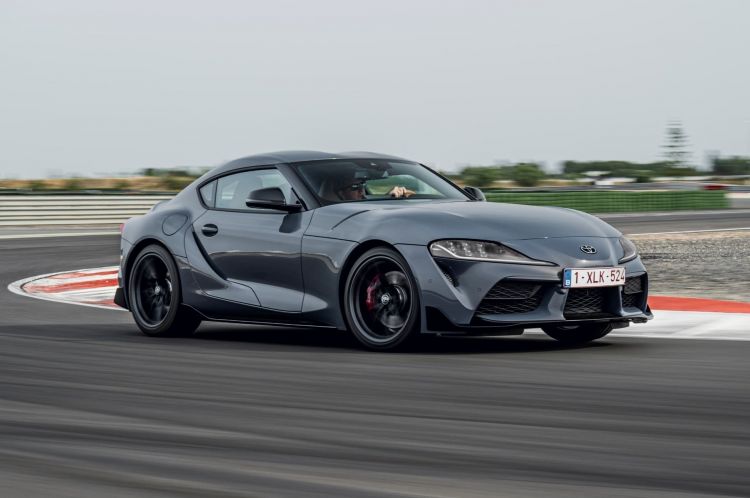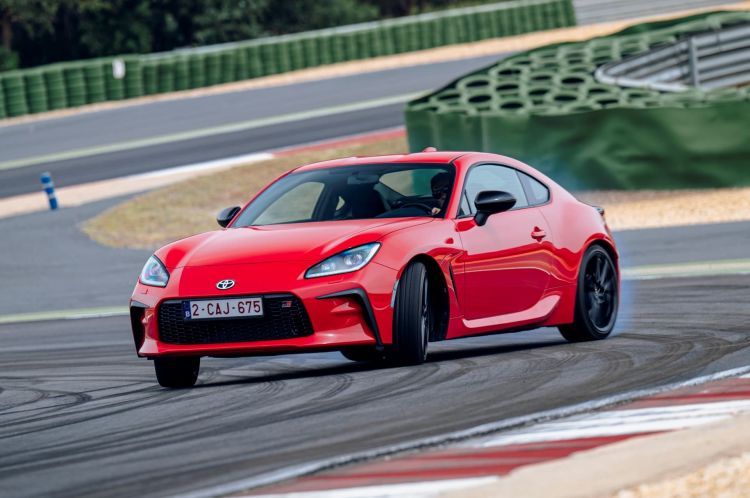Because they want to and because they can, there is no other argument for the decision that Toyota has made regarding the Gazoo Racing range. And it is that the Japanese firm has declared that its list of sports vehicles will not be hybrids until at least 2030, while other firms press the accelerator to unseat gasoline cars. But why has Toyota made this decision as the largest manufacturer of hybrid cars? Because you can afford it in these dark times.
And it is that, without a doubt, Toyota has been doing things very well for a long time when it comes to the development of sports cars. With the GR Yaris, Supra, GR Corolla and GR86 up for grabs, the Japanese firm has a group of vehicles that won’t suffer from electrification so easily and, ironic as it may seem, It is precisely thanks to the number of hybrid cars that Toyota has manufactured in these years.
Toyota’s GR range will resist hybridization until at least 2030
The news has been echoed Carbuzz, who have been able to speak with Sean Hanley, director of sales and marketing for Toyota Australia. He has confirmed to the media that “In 2030 all Toyota, except the GR range, will have some form of electrificationwhether full, hybrid or through fuel cell.” But what do these statements translate into?
In that, at least the existing range, will not have any type of electrical support until at least eight years from now. And this also implies that any future additions and renovations that we know of to the GR range in that period of time will make use of a fully combustion engine, allowing for the idyllic automotive wasteland that all petrol head want: a healthy coexistence between combustion cars and electrified cars.
Unfortunately, this is something that only brands like Toyota can afford. Why? Because its arduous and long-standing development of hybrid vehicles in the last 23 years has given it the capacity to develop combustion vehicles in these times. And it is that the Japanese firm has such low global emissions that can afford to create sports cars that run solely and exclusively on gasoline.
However, this does not mean that it will always be like this, and more if we analyze Hanley’s words. And it is that in the end there is an inevitable countdown for fully combustion engines, only for firms like Toyota it is longer. Thus, sooner or later we will find ourselves with a cast of GR vehicles, perhaps not totally electric, but with some type of support or even running on synthetic fuels, as has already been hinted at with certain tests on a GR86 with a three-cylinder engine. in his entrails.
Be that as it may, there is plenty of room to continue enjoying the Toyota GR range and its gasoline engines. And this may take longer than we think despite the fact that it will not be a permanent situation, and it will be all thanks to the fact that the Japanese firm will continue in the same way creating hybrid, electric and fuel cell cars. It’s ironic but true.







